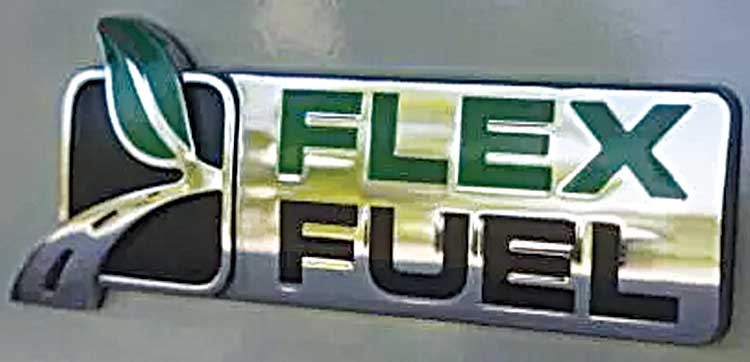New Delhi, Jul 4 (Agency) Auto companies may soon be asked to manufacture passenger and commercial vehicles that run on multiple fuel configurations aimed at reducing the use of polluting fossil fuels and cutting down harmful emissions. New guidelines for use of flexible fuel vehicles (FFVs) using flex engines is expected to be issued by the third quarter of the current year (FY22) that would specify engine configuration and other changes required in vehicles to conform to stipulated changes in the fuel mix. The government is also working on an incentive scheme to promote the manufacture and use of flex engines in vehicles. The details would be specified when the policy in this regard is unveiled.
The use of flexible fuel vehicles (FFVs) is being actively looked at by the government to ensure increased use of bio-fuels for running vehicles, Petroleum Secretary Tarun Kapoor had told IANS earlier. An FFV is a modified version of vehicles that could run both on gasoline and doped petrol with different levels of ethanol blends. These are currently being used successfully in Brazil, giving people the option to switch fuel (gasoline and ethanol) depending on price and convenience. In fact, a majority of vehicles sold in Brazil are FFVs. For India, FFVs will present a different advantage as they will allow vehicles to use different blends of ethanol mixed petrol available in different parts of the country. The current regulations allow for mixing up to 10 per cent ethanol in petrol. However, due to short supplies and transportation challenges, 10 per cent blended petrol is available only in 15 states while bio-fuel in other states varies between 0 to 5 per cent.
FFVs will allow vehicles to use all the blends and also run on unblended fuel. The introduction of FFVs will require the adoption of vehicle standards, technologies and retrofitting configurations that will have to be looked at by the Ministry of Heavy Industries. The country is moving quickly in the direction of E-20 or 20 per cent ethanol-blended petrol fuel that could be introduced as early as 2023 with a nationwide rollout by 2025. The urgency for the policy of vehicles is keeping these goals in mind.

